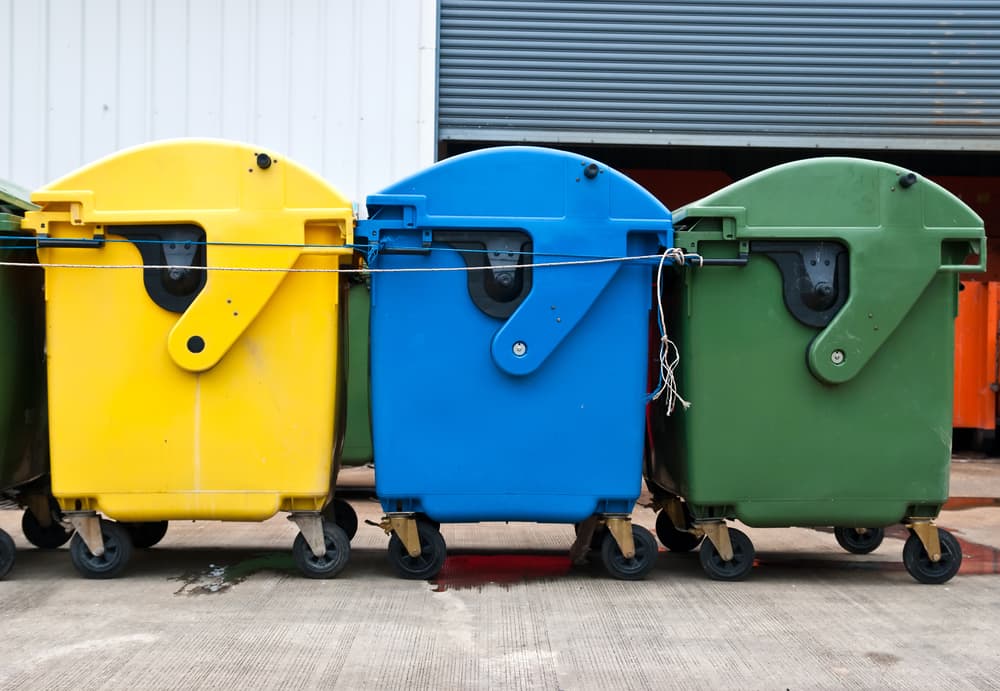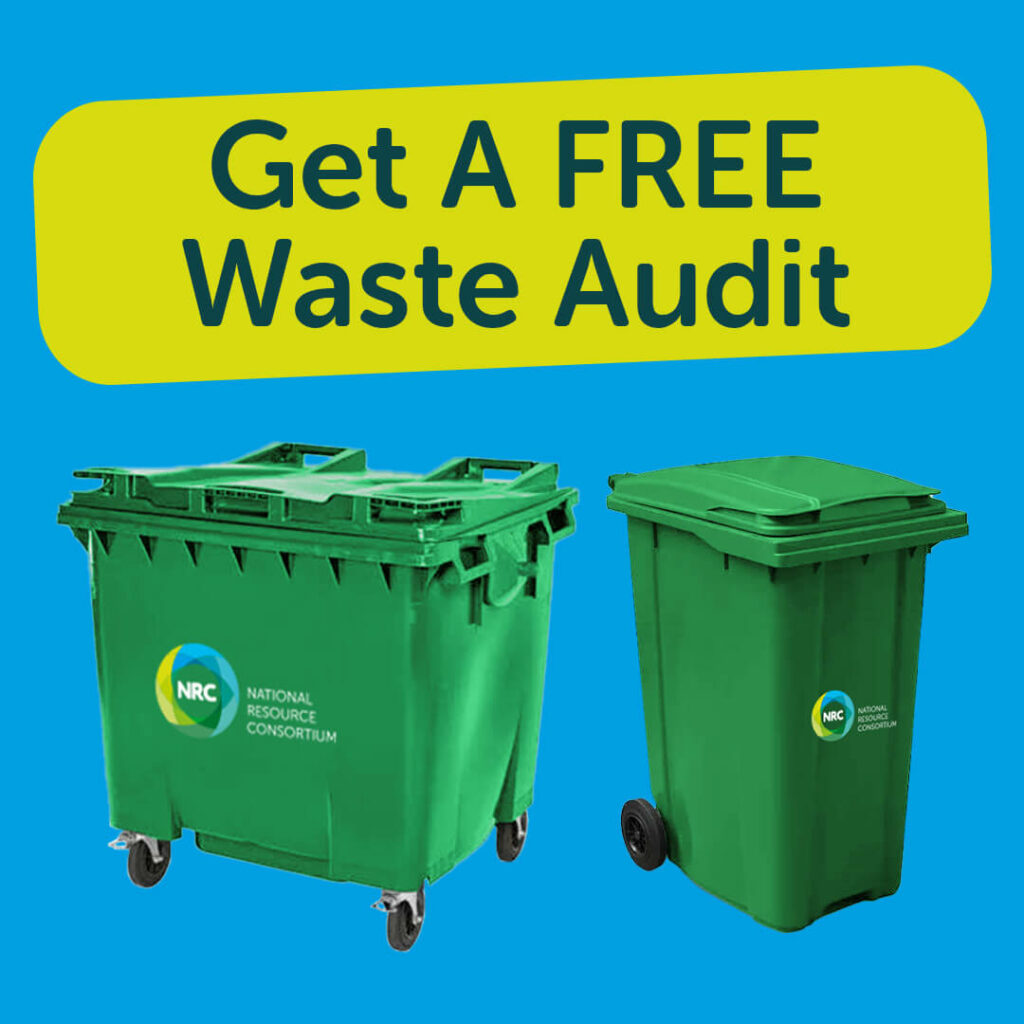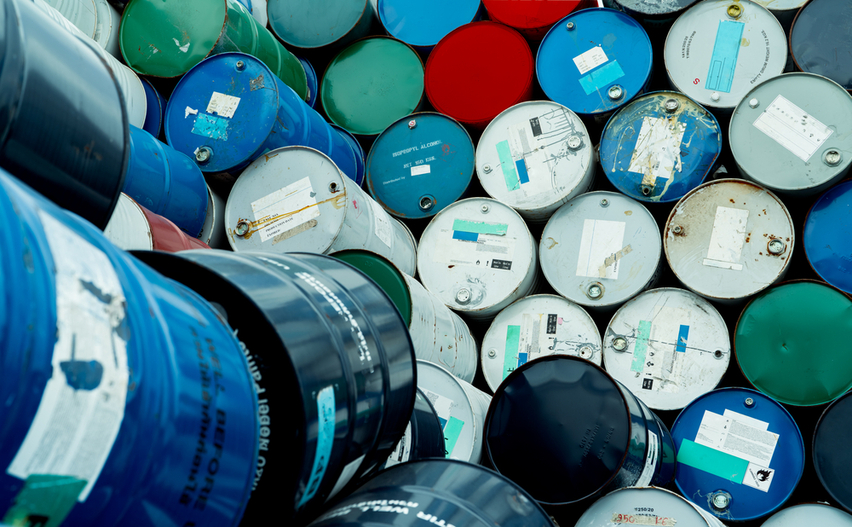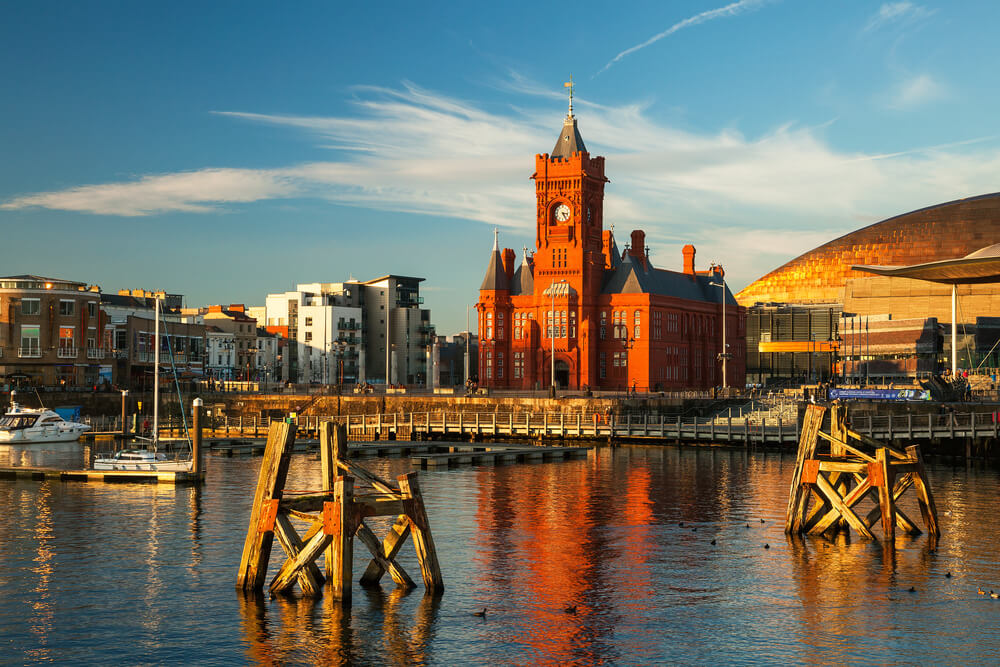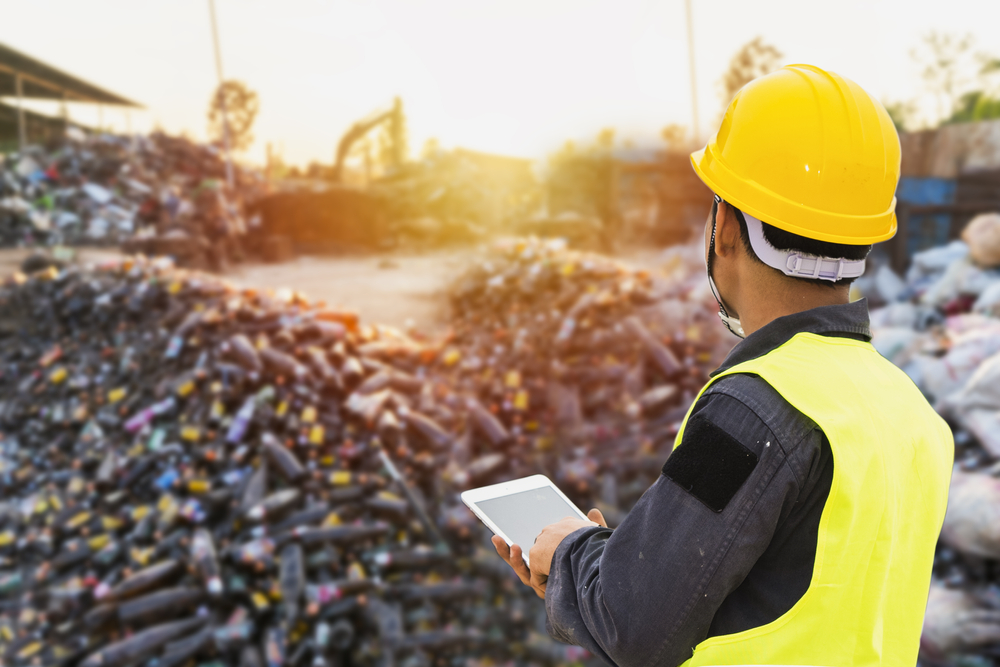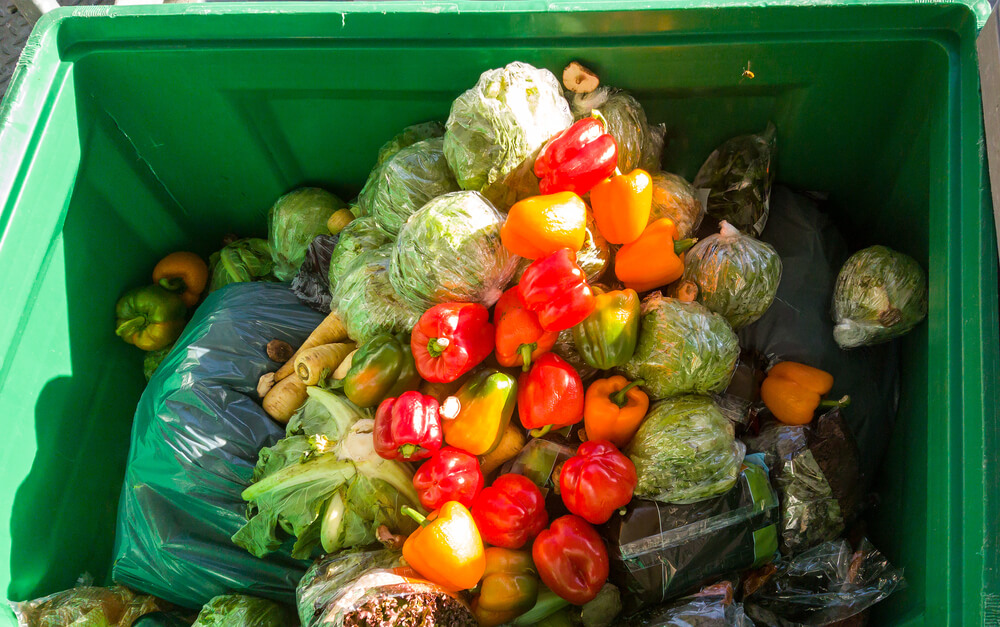May 9th, 2024
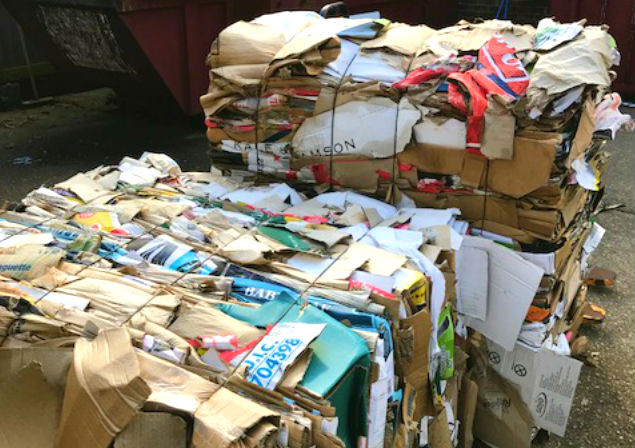
NRC’s network of waste and recycling collectors and processors includes over 60 Material Recovery Facilities (MRFs). Through this network, we have clear visibility of the developing concerns around Dry Mixed Recycling (DMR), the options available to tackle the growing challenges, and the varying factors across local markets.
Introduction
DMR emerged as a standard service requirement over the last 10-15 years in response to demand from businesses to reduce their landfilled waste. At a time when most business recycling was limited to cardboard and/or paper, other materials were included with general waste and sent to landfill. However, rising landfill tax and growing demand for environmentally responsible commercial waste processes prompted operators to introduce mixed recycling collections. DMR shifts the responsibility for segregating waste from the producer to the processor, many of whom responded by developing MRFs capable of processing DMR.
There are some key issues to consider in relation to the treatment of DMR:
- There is no standard grade definition of DMR to manage quality;
- Materials recovered from DMR are not as high quality as those captured in single waste streams;
- Improving the quality of materials captured by DMR would require more processors’ resources which would be passed on to the producer as higher costs;
- In some cases, mixed recycling is often too contaminated to be fully recycled so may be classed as light waste. In other cases, processors work hard with their customers to maintain quality;
- Recycling rates vary greatly among processors; DMR material is increasingly recovered for energy rather than recycled.
As we approach a critical point for DMR, it is apparent that neither waste producers nor processors have been sufficiently aware of the importance of quality in the commercial viability of DMR which has left businesses unprepared for the unfolding changes.
The current situation
There are two key market factors increasing the impetus to review DMR:
- Restrictions imposed by China on the quality of materials imported which, until now, has been the UK’s biggest export market for DMR materials.
This is at odds with:
- Rising public demand for recycling in response to growing awareness of plastic pollution in particular, which is increasing the volume of low-grade plastics in the market.
The crux of the issue lies in the value of DMR, which has always been a challenging issue. At the outset of DMR collections, some processors offered the service for free, making it difficult to establish the correct base market price. At the same time, other companies seized the opportunity to undercut the market by convincing customers that most of their waste was recycled, disregarding the high proportion that was recovered.
The value of DMR can vary greatly as materials are traded as commodities around the world, affected by changing values from supply and demand of upstream and downstream products and markets.
We are now observing that there are fewer recycling outlets for low quality recyclables, which may already possess low value. The result is that more material is being used as fuel for recovery into energy, at higher cost.
This observation is supported by a composition and impact statement compiled by NRC members, most of whom operate processing facilities. On average, paper and plastic currently make up 28% of DMR material and processors are observing a decrease in the volume recovered for recycling alongside rising costs of treatment. At the same time, the total proportion of DMR that cannot be recycled has now reached 30%; a clear indication of the low quality of materials being collected.
The current situation is unsustainable and has created a demand for a new approach.
What options are available?
The future of DMR hinges on quality. However, the lack of a standard grade definition for mixed recycling means that there is no incentive to improve DMR quality for those that can or benefit of improving quality for those that do, and no penalty for those that don’t.
There are several potential ways in which the waste sector’s approach to mixed recycling may evolve, all with particular considerations:
DMR collections continue unchanged
With a reducing treatment market, this is unlikely. To deny the problem will lead to dishonesty.
DMR output value will continue to drop and treatment costs will rise
This is highly likely in the current operating environment and costs will be passed to waste producers via increased prices.
DMR will be treated as waste only
With the potential to decimate recycling rates, this is unlikely to be an attractive option.
DMR will be treated as fuel
This is highly likely in areas with access to facilities using RDF but would transfer the problem and potentially create a similar supply and demand issue for the energy from waste sector.
The recycling output of DMR will be restricted to the most valuable materials
Highly likely due to the falling value of low-grade materials but a reduction in recycling rates is undesirable.
DMR will be replaced with single-stream service(s)
Single streams, although able to meet quality specifications, may create challenges for SMEs and businesses including retailers and hospitality for whom low waste volumes, low quality materials, limited space and budget make DMR a cost-effective recycling option.
Waste operators are re-learning that the key to maximising the value of recycling is supporting waste producers to segregate as much as possible. DMR collections, while convenient and cost-effective for the waste producer, diminish the value of the materials and place the burden of cost on the waste handler who must put more resources into processing the low value material.
What could the future look like for DMR?
It is unlikely that the industry will identify a long-term resolution to our current DMR challenges for some time. The immediate priority for waste collectors and processors is to find a commercially manageable position that is acceptable to customers. Solutions are likely to vary among collectors, and processors, and across locations, but – whatever the approach – it is likely to result in higher costs for waste producers.
The long-term solution must lie in reducing our use of plastics which will re-address the balance of supply and demand. But such a systemic change requiring legislation, collaboration and culture change will take significant time. In the meantime, it is clear that greater transparency around DMR is required. As waste experts, it is incumbent upon us to educate waste producers about what happens to their materials and guide them accordingly. Waste producers and processors must take shared responsibility for improving the quality of recyclables which will be the critical factor in achieving a sustainable recycling infrastructure with controlled costs and environmental standards.
For more information about NRC’s services and expertise, contact NRC on [email protected] or 0845 299 6292.
